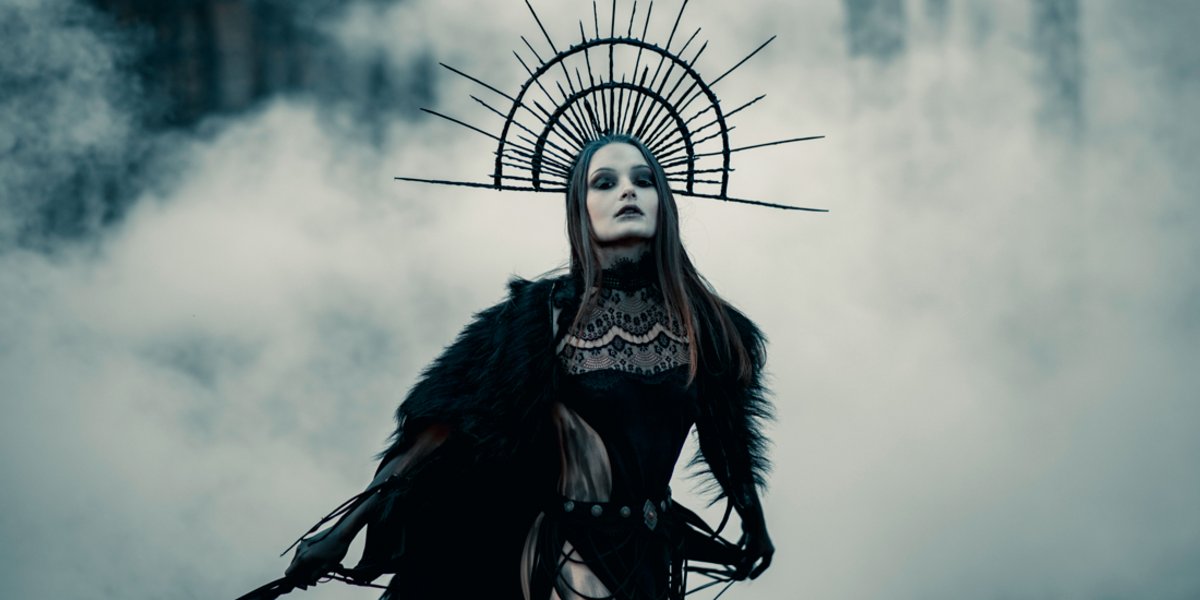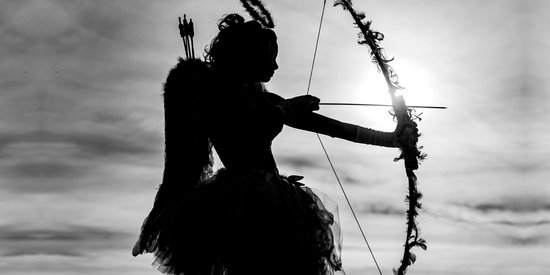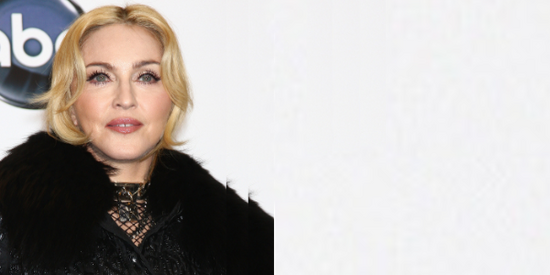I don't know exactly what I'm getting into here... But I’m going to try to take a modern approach!
The first answer I have to give you regarding this article is: yes, he still wears Prada!
In addition to his most elegant attire, two phenomena of Christian ways of thinking are brought up to date! The Catholic Church has rearticulated the entity of the Evil One, thanks to Paul VI and John-Paul II. And, so as not to omit anything new, an ancient ritual has now been redefined: exorcisms, with a multiplication of priests trained to perform these rituals.
Fighting demonic spirits!
Yes, if an individual becomes dizzy for no apparent reason, it can lead to an explanation of the symptoms of a bewitchment by the Devil: a fall without any struggle, accompanied by convulsions, hallucinations, deviations of the head and eyes, salivation and panic, which can also lead to aggression! Yet these are also at times the symptoms of an epileptic seizure! You know, that neurological disease, which is characterized by an increase in the electrical activity of the meninges, resulting in a temporary disruption of neuronal communication. Does that clear at least some of the Mystery up? (Afterthought; if it does; RIP to the epileptics of yesteryear, who were branded as being possessed!)
Let's go back to the existence of our main protagonist, the Devil! We can also translate this as the principle of “evil” incarnating in ourselves, when we do “harm” to others. The existence of a sinful nature? The "evil" is in some way attributable to our freedom! This idea remains, in my humble opinion, one of the most subjective! Indeed, when the "evil" is done, the causes are multiple because it is always "the fault of someone or something”. Of course, little human beings that we are, we are often constrained by our reward system. It is very difficult to exonerate yourself from it, only the most relentless fight and resist their guilty pleasures. But doesn't that translate into virtuous desperation?
According to Kant: " It is nevertheless better than the theological concept, of deriving morality from a divine, all-perfect will, not merely because we do not intuit this perfection, but can derive it solely from our concepts, of which morality is the foremost one, but because if we do not do this (which, if we did, would be a crude circle in explanation), the concept of his will that is left over to us, the attributes of the desire for glory and domination, bound up with frightful representations of power and vengeance, would have to make a foundation for a system of morals that is directly opposed to morality”, that is, the virtuous would end up wondering if this moral law is not just a chimera… We are indeed at an impasse! The moral of this story is that it is everyone's freedom to decide what to do next... It's up to you to decide what's best for you.
The question of this article thus remains unanswered… It is up to you to judge your own beliefs!









